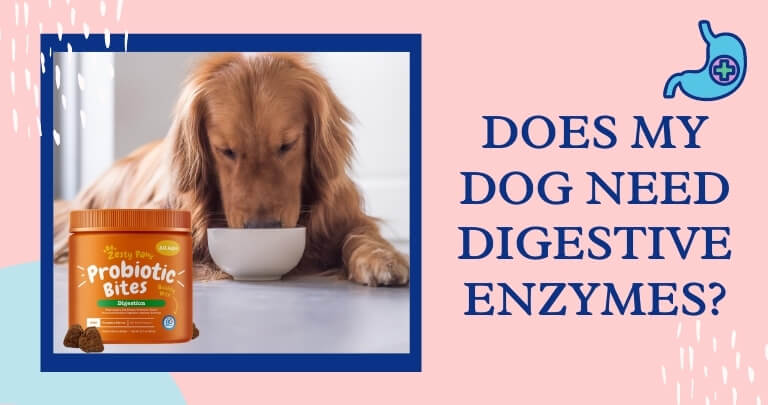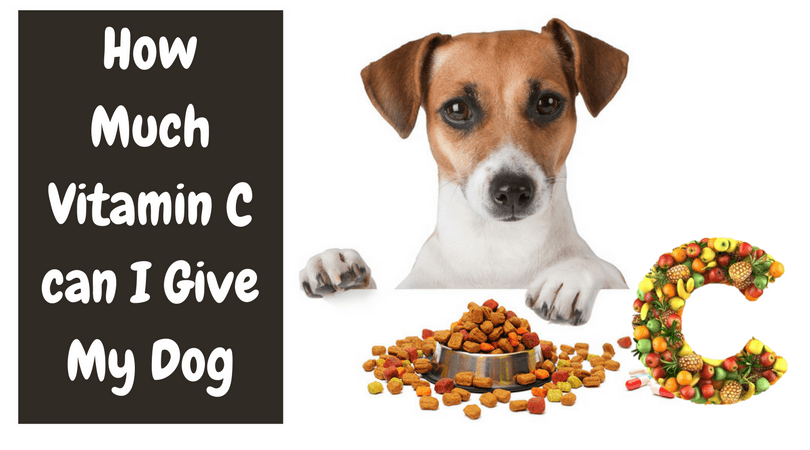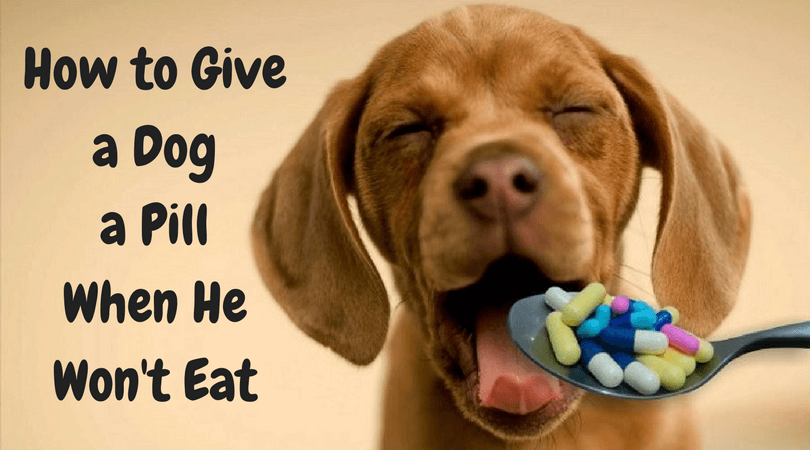Does My Dog Need Digestive Enzymes – Know The Benefits

Digestive enzymes help the body break down nutrition in food and promote healthy digestion. There are 3 types of digestive enzymes produced by the body each having its own importance.
- Protease – breaks the protein in the food into amino acids
- Lipase – breaks apart fat molecules in the food into fatty acids and glycerol
- Amylase – breaks carbohydrates in the food into sugars.
Just like us humans, our furry pets also need digestive enzymes. The pancreas in the body has the ability to produce its own enzymes that helps the dog digest its food. There are some enzymes available in the food itself. So then do you still need additional digestive enzyme supplements?
Well, additional digestive enzyme supplements are important for many dogs with some specific medical conditions where their pancreas might not function as well as expected. In some cases, these supplements are also useful for dogs who have a weak digestive system or who have poor functioning of the body due to an increase in their age.
Does My Dog Need Digestive Enzymes?
Now a question arises that does my dog need digestive enzymes?
The simple answer to this question is yes. Irrespective of their age, medical condition, and dietary habits, all dogs need digestive enzymes.

But, to be more precise you can look for these signs in your pet that suggest a lack of digestive enzymes and hence can be benefited from digestive enzyme supplements.
- Acid reflux
- Belching and gas
- Unable to digest food and tend to vomit it out after a few hours
- Bad breath
- Bloating
- Abdominal pain, cramping and gurgling
- Diarrhea
- Foul-smelling stool
Now that you know what digestive enzymes are and the reasons you might want to feed your dog with digestive enzyme supplements, let me tell you all about its benefits.
Less Effort, Better Digestion:
The enzymes help your pup’s body to easily digest the food with less effort and as the food is digested better, the nutritional value of the food increases.
Increased Immunity:
With increased nutritional value of the food your dog is consuming, he will have a better functioning body which is immune to a number of diseases.
Reduced Inflammation:
As these enzymes help in better digestion, the chances of food being undigested and causing inflammatory problems reduces. It ensures you a healthy and happy dog.
Remove Toxins and Waste From The Body:
With efficient digestion power also comes the benefit of proper cleaning of the body. These enzymes help in better bowel movements and to get rid of toxins and waste from the body.
Although supplements are a great source of digestive enzymes apart from the self-produced enzymes in the body, you should also feed your dogs with foods that are naturally high in enzymes. Papaya, melon, raw honey, raw dairy products, coconut water are some of the foods that might help your dog get the enzymes in their body naturally.
Frequently Asked Questions:
Are Digestive Enzymes Really Necessary?
Yes, digestive enzymes are necessary for your pet to regulate the digestive system. Whether produced in the body, naturally found in food, or in some cases the digestive enzyme supplements, any form of digestive enzymes are necessary for the body to process the food you eat for nutrition absorption.
What’s The Difference Between Digestive Enzymes And Probiotics?
Both digestive enzymes and probiotics aid in the digestive process, but are not the same. Digestive enzymes help in breaking down the proteins, fats, and carbohydrates in the food, whereas probiotics are microorganisms that live in our gut and help in the body processes.
What Are The Side Effects of Digestive Enzymes?
The side effects may vary from one dog to another. The most common side effects of digestive enzymes in dogs include diarrhea, gas, vomiting, and abdominal pain.
Can Digestive Enzymes Help With Bad Breath?
Yes, as digestive enzymes tend to get rid of gastrointestinal problems they also help with bad breath.
What Happens If You Don’t Have Digestive Enzymes?
If you don’t have digestive enzymes, you may suffer from gastrointestinal problems and that may lead to a malnourished body.
Final Thoughts
Digestive enzymes play an important role in the health and well being of your pet. Look out for signs and symptoms of digestive enzyme deficiency and make sure that your dog doesn’t need to suffer because of it. You can also treat your dog with digestive enzyme supplements if he is suffering from pancreatic issues that reduce the production of these enzymes. Keep your dog’s digestive enzyme in check and help him in living a healthy life.





